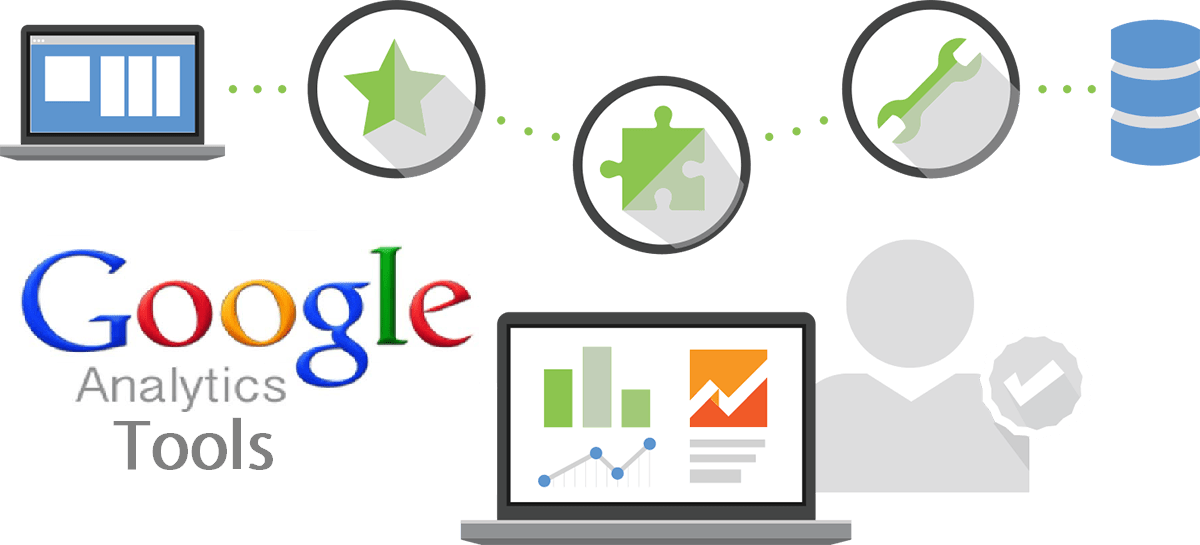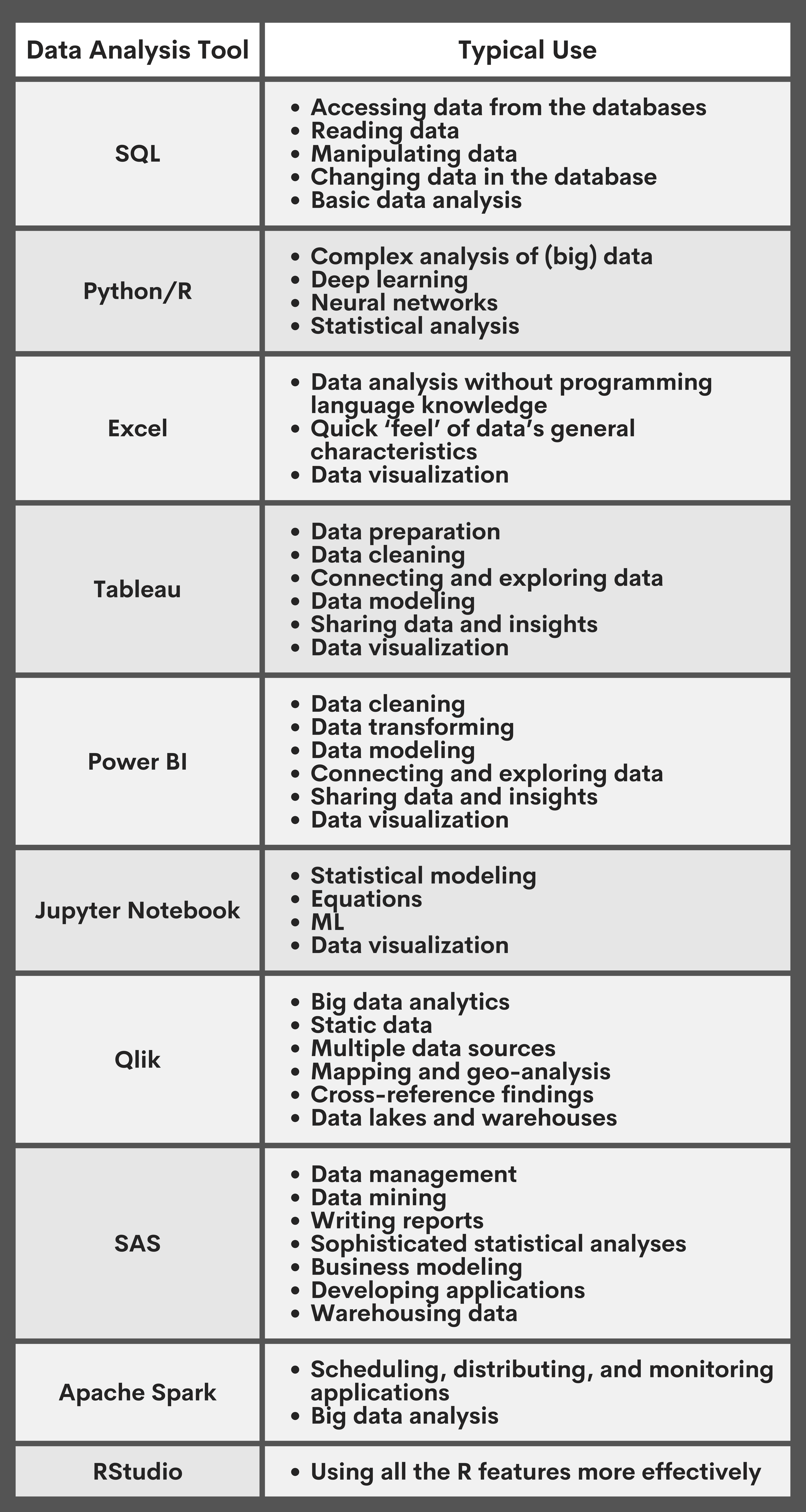Enhance ROI and Efficiency Through Strategic Analytics Planning
Transform Information Into Decisions With Powerful Analytics Solutions
In today's data-driven landscape, companies encounter the challenge of changing vast amounts of info right into workable understandings. Effective analytics remedies supply the means to navigate this complexity, enabling companies to utilize different methods that expose underlying patterns and forecast future conditions. As companies increasingly count on these data-driven approaches, the capacity for improved decision-making becomes obvious. The implementation of these solutions elevates critical questions concerning ideal methods and the tangible advantages that can be acquired. What methods can organizations adopt to guarantee they are optimizing their analytical capacities?
Understanding Analytics Solutions
In today's data-driven landscape, several organizations look for to take advantage of analytics solutions to boost decision-making and drive tactical campaigns. Analytics services incorporate a vast array of techniques and tools created to analyze information, extract insights, and assistance informed decision-making. These remedies can be categorized into detailed, diagnostic, anticipating, and authoritative analytics, each serving a distinctive objective in the information analysis process.
Descriptive analytics focuses on summing up historical data to recognize trends and patterns, giving a foundational understanding of previous efficiency. Diagnostic analytics goes a step additionally by investigating the reasons behind these fads, offering deeper understandings right into impacts and reasons. Anticipating analytics utilizes statistical designs and artificial intelligence techniques to forecast future results based upon historic information, enabling organizations to expect market changes and consumer actions.
Last but not least, prescriptive analytics recommends actions based on predictive insights, assisting companies make notified selections that straighten with their critical objectives. As companies increasingly recognize the value of data, understanding these various types of analytics solutions becomes vital for utilizing their full capacity. By efficiently executing these services, business can transform raw data right into workable understandings that notify their service techniques and improve overall performance.
Secret Benefits of Data Analytics
Using the power of information analytics provides organizations a plethora of benefits that can considerably boost their functional effectiveness and affordable advantage. One of the key advantages is boosted decision-making. By changing raw data right into actionable understandings, organizations can make enlightened options that align with their critical goals.
Additionally, information analytics enables companies to recognize patterns and patterns that might not be promptly apparent. This insight allows services to anticipate market demands, enhance resource allocation, and mitigate threats efficiently. Furthermore, improved consumer insights stemmed from data analytics equip companies to tailor their items and services, resulting in enhanced consumer fulfillment and commitment.
Cost reduction is one more critical benefit, as analytics can enhance procedures and identify inefficiencies, causing boosted performance. Furthermore, organizations can take advantage of anticipating analytics to anticipate future end results, facilitating proactive methods instead than responsive actions.
Ultimately, the integration of data analytics fosters a culture of continuous improvement, encouraging companies to improve procedures and introduce. By welcoming information analytics, organizations not only enhance their operational capabilities yet additionally place themselves as leaders in their particular markets, prepared to adapt and thrive in a vibrant service atmosphere.
Types of Analytics Techniques
Information analytics strategies are frequently categorized into 4 primary types: descriptive, analysis, predictive, and authoritative analytics. Each of these strategies offers a special function in the data evaluation procedure, allowing organizations to remove significant insights.
Detailed analytics concentrates on summarizing historic data to identify patterns and fads. It offers a clear overview of what has actually occurred, frequently making use of metrics such as averages and percentages to educate stakeholders.
Diagnostic analytics goes an action additionally by exploring the factors behind past end results. This method uses methods such as information mining and connection evaluation to discover partnerships and aspects that might have influenced outcomes.
Predictive analytics leverages analytical models and maker knowing formulas to forecast future events based upon historical information. Organizations can prepare for patterns and actions, facilitating positive decision-making and threat management.
Lastly, authoritative analytics suggests activities based upon data insights, aiding organizations enhance procedures and resource allowance. visit homepage By simulating different circumstances, this strategy determines the ideal course of action, inevitably guiding tactical preparation.
With each other, these analytics kinds enable companies to change raw information right into actionable insights, promoting notified decision-making and driving functional performance.
Applying Analytics in Service
Reliable execution of analytics in service is necessary for visit our website getting an affordable edge in today's data-driven landscape. Analytics. To effectively integrate analytics right into procedures, companies have to initially recognize clear objectives that align with their strategic goals. Establishing particular, measurable end results ensures that analytics initiatives directly contribute to company performance
Next, investing in the right technology is essential. Organizations ought to evaluate their present data infrastructure and select analytics devices that promote information collection, handling, and visualization. This includes employing advanced modern technologies such as artificial intelligence and expert system to improve predictive capabilities.
In addition, cultivating a data-driven society within the organization is vital. This entails training staff members to comprehend and utilize analytics devices successfully, enabling them to make informed choices based on information understandings. Leadership should urge partnership among divisions to guarantee that analytics initiatives are incorporated across all organization features.
Study of Successful Analytics
Effective analytics application can be observed through numerous situation researches that demonstrate the transformative impact of data-driven decision-making. One significant example is Netflix, which makes use of sophisticated anticipating analytics to evaluate viewer choices and viewing patterns. By leveraging this information, Netflix has effectively customized its content offerings, causing increased user involvement and subscription development.
Another compelling instance is that of Starbucks, which adopted location-based analytics to maximize its store placements (Analytics). By assessing market information, customer habits, and market fads, Starbucks strategically positioned brand-new stores to make best use of foot web traffic and productivity. This data-driven approach has dramatically enhanced its market existence

These case studies illustrate that when organizations harness the power of analytics, they can make informed decisions that drive growth, boost consumer complete satisfaction, and improve operational efficiencies. As more businesses recognize the importance of data-driven strategies, the potential for transformative end results remains to increase, leading the method for innovative solutions across sectors.
Verdict
In verdict, the integration of effective analytics solutions changes data right into actionable find out this here insights, significantly improving business decision-making processes. By using various analytics techniques, companies can reveal valuable patterns, identify ineffectiveness, and forecast future outcomes.
Anticipating analytics makes use of statistical designs and equipment knowing strategies to forecast future results based on historic information, enabling companies to prepare for market shifts and customer habits.

Organizations should assess their current data framework and select analytics tools that facilitate information collection, handling, and visualization.